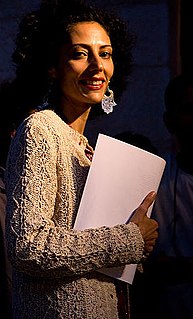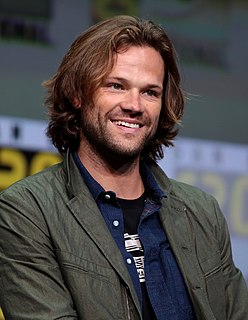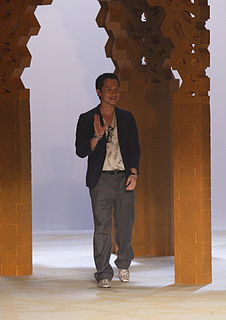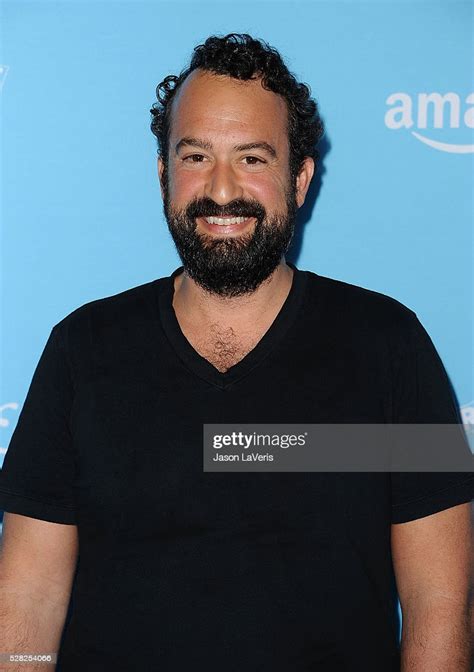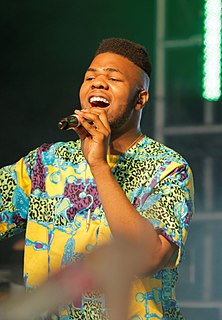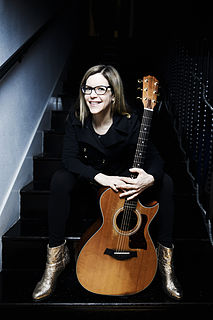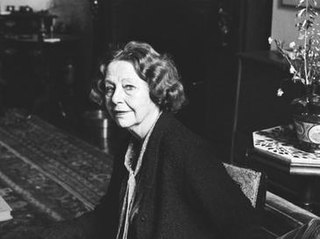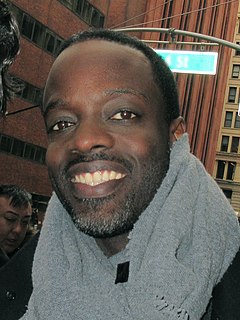A Quote by Suheir Hammad
I came from a traditional immigrant family where education meant there were only a few valid paths: doctor or lawyer - and I didn't want to be either one.
Related Quotes
I can't tell you how many times I get into a taxicab in New York or Los Angeles, and I'm talking to somebody who is a recent immigrant who was a doctor or lawyer or engineer or professor in the country they just came from. They're starting over again in life, and I think the majority of people out there can relate to that.
I'm from Nigerian descent, and the classic Nigerian mentality is 'Stay in school! You're going to be a doctor, you're going to be a lawyer.' That is what it is. Thankfully my parents knew my situation was different because I definitely didn't want to be a doctor, I definitely didn't want to be a lawyer.
I had to run away from home in order to be a musician. Because I came from a family of... my father was a health inspector; my mother was a social worker. And I was pretty smart in school. So they expected me to be some kind of academic - schoolteacher, or doctor, lawyer - and they were very disappointed when I told them I wanted to be a musician.
